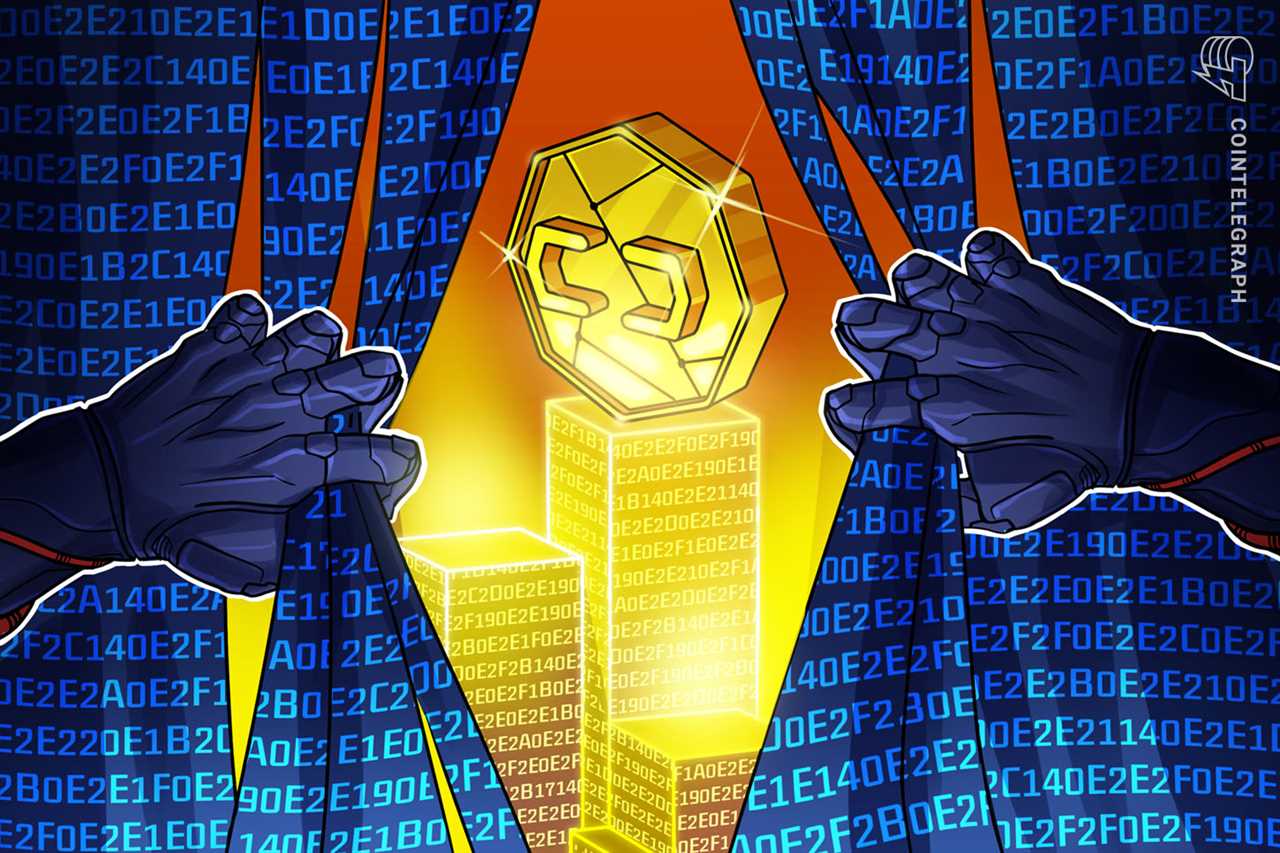
Continued Incidents are "Inexcusable"
As the crypto industry continues to grapple with hacks and exploits, cybersecurity professionals are calling for improved security measures to protect digital asset companies and the broader crypto space. In 2023 alone, nearly $1 billion had already been lost to crypto hacks, scams, and exploits. High-profile incidents, such as the Poloniex exploit and the HECO Chain bridge hack, have further highlighted the vulnerabilities within the industry.
Ronghui Gu, co-founder of blockchain security firm CertiK, emphasized the need for better security practices, stating that it is "inexcusable" to have ongoing incidents caused by SIM-swap and multisig failures. Gu advocated for the adoption of crypto-native multifactor authentication and regular security audits to mitigate risks. Christian Seifert, researcher in residence at Forta Network, echoed these sentiments and urged users to demand better security while emphasizing the role of regulators in enforcing security standards. Seifert also stressed the importance of comprehensive security strategies, including secure design, monitoring, and threat prevention solutions.
Jerry Peng, research analyst at Web3 analytics firm 0xScope, highlighted the need for a deeper understanding of emerging security threats. By analyzing patterns and connections displayed by addresses involved in previous attacks, companies and individuals can better detect and prevent potential hacks. Peng suggested that crypto data analytics services can play a crucial role in this regard.
The Impact of Hacks on Crypto Adoption
Hacks and exploits not only result in significant financial losses but also hinder the adoption of cryptocurrencies. According to CertiK's data, hacks in 2023 have already cost the industry $1.5 billion as of November 28. Ronghui Gu emphasized that these incidents erode public trust in the security and stability of digital assets, thereby impeding wider adoption.
Christian Seifert echoed this sentiment, noting that while early adopters may accept certain risks, the broader user base that the crypto industry aims to attract will not tolerate such vulnerabilities. Seifert drew a parallel with traditional banking, stating that people would not trust a bank if it consistently failed to protect their savings. Jerry Peng added that hacks also dampen market growth by deterring potential investors from exploring the Web3 space.
As the crypto industry continues to evolve, addressing these security concerns and implementing robust measures will be crucial for building trust and fostering widespread adoption.
Did you miss our previous article...
https://trendinginthenews.com/crypto-currency/binance-operating-without-license-in-philippines-regulator-says






